Statement from the American Heart Association/American Stroke Association: COVID-19 vaccine benefits still outweigh risks, despite possible rare heart complications.
Late last week, the U.S. Centers for Disease Control and Prevention (CDC) alerted health care professionals that they are monitoring the Vaccine Adverse Events Reporting System (VAERS) and the Vaccine Safety Datalink (VSD) for cases of young adults developing the rare heart-related complication myocarditis, after receiving a COVID-19 vaccine manufactured by Pfizer-BioNTech or Moderna. The COVID-19 Vaccine Safety Technical Work Group (VaST) of the CDC’s Advisory Committee on Immunization Practices (ACIP) is reviewing several dozen cases of myocarditis that have been reported in adolescents and young adults: more often in males rather than females; more frequently after the second dose rather than the first dose of either the Pfizer-BioNTech or Moderna vaccine; and typically appearing within 4 days of vaccination.
The benefits of COVID-19 vaccination enormously outweigh the rare, possible risk of heart-related complications, including inflammation of the heart muscle, or myocarditis. The American Heart Association/American Stroke Association, a global force for longer, healthier lives, urges all adults and children ages 12 and older in the U.S. to receive a COVID vaccine as soon as they can.
The following statement reflects the views of the American Heart Association/American Stroke Association and its science leaders:
- President Mitchell S.V. Elkind, M.D., M.S., FAHA, FAAN,
- Immediate Past President Robert A. Harrington, M.D., FAHA,
- President-Elect Donald M. Lloyd-Jones, M.D., Sc.M., FAHA,
- Chief Science and Medical Officer Mariell Jessup, M.D., FAHA, and
- Chief Medical Officer for Prevention Eduardo Sanchez, M.D, M.P.H., FAAFP.
“We strongly urge all adults and children ages 12 and older in the U.S. to receive a COVID vaccine as soon as they can receive it, as recently approved by the U.S. Food and Drug Administration and the CDC. The evidence continues to indicate that the COVID-19 vaccines are nearly 100% effective at preventing death and hospitalization due to COVID-19 infection. According to the CDC as of May 22, 2021, over 283 million doses of COVID-19 vaccines have been administered in the U.S. since December 14, 2020, and more than 129 million Americans are fully vaccinated (i.e., they have received either two doses of the Pfizer-BioNTech or Moderna COVID-19 vaccine, or the single-dose Johnson & Johnson/Janssen COVID-19 vaccine).
“We commend the CDC’s continual monitoring for adverse events related to the COVID-19 vaccines through VAERS and VSD, and the consistent meetings of ACIP’s VaST Work Group, demonstrating transparent and robust attention to any and all health events possibly related to a COVID-19 vaccine. The few cases of myocarditis that have been reported after COVID-19 vaccination are being investigated. However, myocarditis is usually the result of a viral infection, and it is yet to be determined if these cases have any correlation to receiving a COVID-19 vaccine, especially since the COVID-19 vaccines authorized in the U.S. do not contain any live virus.
“We remain confident that the benefits of vaccination far exceed the very small, rare risks. The risks of vaccination are also far smaller than the risks of COVID-19 infection itself, including its potentially fatal consequences and the potential long-term health effects that are still revealing themselves, including myocarditis. The recommendation for vaccination specifically includes people with cardiovascular risk factors such as high blood pressure, obesity and type 2 diabetes, those with heart disease, and heart attack and stroke survivors, because they are at much greater risk of an adverse outcome from the COVID-19 virus than they are from the vaccine.
“We also encourage everyone to keep in touch with their primary care professionals and seek care immediately if they have any of these symptoms in the weeks after receiving the COVID-19 vaccine:
- chest pain including sudden, sharp, stabbing pains;
- difficulty breathing/shortness of breath;
- abnormal heartbeat;
- severe headache;
- blurry vision;
- fainting or loss of consciousness;
- weakness or sensory changes;
- confusion or trouble speaking;
- seizures;
- unexplained abdominal pain; or
- new leg pain or swelling.
“We will stay up to date with the CDC’s recommendations regarding all potential complications related to COVID-19 vaccines, including myocarditis, pericarditis, central venous sinus thrombosis (CVST) and other blood clotting events, thrombosis thrombocytopenia syndrome (TTS), and vaccine-induced immune thrombosis thrombocytopenia (VITT).
“The American Heart Association recommends all health care professionals be aware of these very rare adverse events that may be related to a COVID-19 vaccine, including myocarditis, blood clots, low platelets, or symptoms of severe inflammation. Health care professionals should strongly consider inquiring about the timing of any recent COVID vaccination among patients presenting with these conditions, as needed, in order to provide appropriate treatment quickly. As detailed in last month’s AHA/ASA statement, all suspected CVST or blood clots associated with the COVID-19 vaccine should be treated initially using non-heparin anticoagulants. Heparin products should not be administered in any dose if TTS/VITT is suspected, until appropriate testing can be done to exclude heparin-induced antibodies. In addition, health care professionals are required to report suspected vaccine-related adverse events to the Vaccine Adverse Event Reporting System, in accordance with federal regulations.
“We also support the CDC recommendations last week that loosen restrictions on mask wearing and social distancing for people who are fully vaccinated. For those who are unable to be vaccinated, we reiterate the importance of handwashing, social distancing, and wearing masks, particularly for people at high risk of infection and/or severe COVID-19. These simple precautions remain crucial to protecting people who are not vaccinated from the virus that causes COVID-19.
“Individuals should refer to their local and state health departments for specific information about when and where they can get vaccinated. We implore everyone ages 12 and older to get vaccinated so we can return to being together, in person – enjoying life with little to no risk of severe COVID-19 infection, hospitalization or death.”
Myocarditis and Pericarditis
Both myocarditis and pericarditis are most often the result of an infection and/or inflammation caused by a virus.
Myocarditis is inflammation of the middle layer of the wall of the heart muscle, and it can weaken the heart muscle and the heart’s electrical system, which keeps the heart pumping regularly. Severe myocarditis can lead to heart failure, abnormal heartbeat, and sudden death. Signs and symptoms of myocarditis are chest pain, abnormal heartbeat (arrhythmia), and unexpected shortness of breath. Approximately 10 to 20 per 100,000 people are diagnosed with myocarditis in the U.S. annually, and many cases resolve on their own or with treatment, leading to a full recovery.
Pericarditis is a condition often related to myocarditis, and involves swelling and inflammation of the pericardium, a sac-like structure with two thin layers of tissue that surround the heart to hold it in place and help it function properly. Pericarditis can progress and lead to severe complications, including cardiac tamponade, which results from too much fluid in the pericardium that can cause a sharp drop in blood pressure and can be fatal; and chronic constrictive pericarditis, when scar-like tissue develops in the pericardium causing it to become stiff, affecting the heart’s ability to contract. Symptoms of pericarditis are sharp, stabbing chest pain that comes on suddenly; fever; weakness; and trouble breathing or shortness of breath. Approximately 45,000 people in the U.S. are hospitalized with pericarditis each year.
Typical Vaccine- Related Symptoms
According to the CDC, typical COVID-19 vaccine symptoms are tiredness, headache, muscle pain, chills, fever and nausea. Symptoms typically appear within 24 – 48 hours and usually pass within 36-48 hours after receiving the vaccine. If symptoms are severe and include difficulty breathing, seek immediate medical attention – call 911 or go to the nearest emergency room.

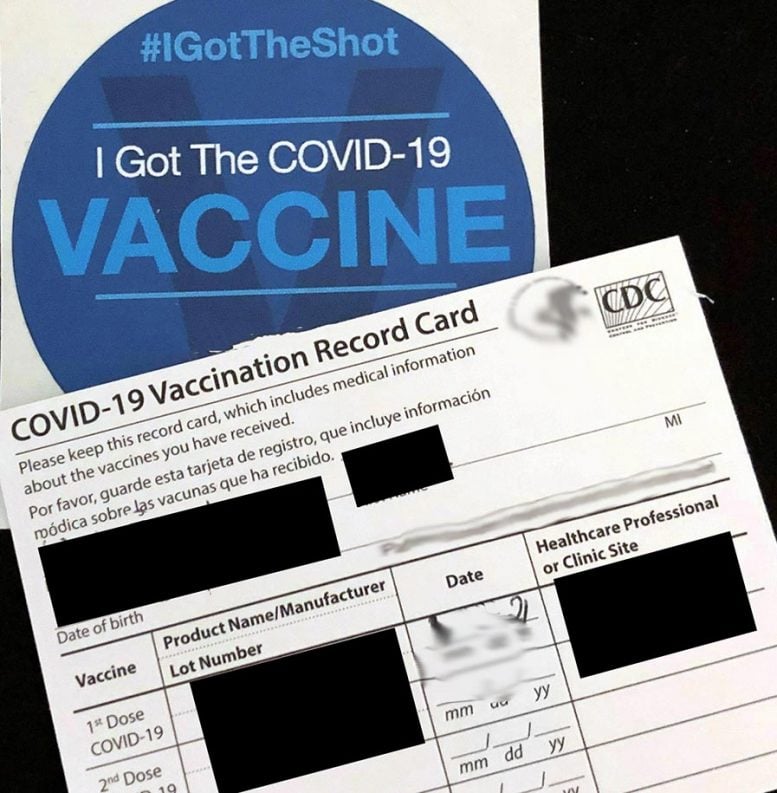



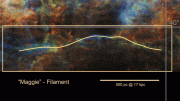

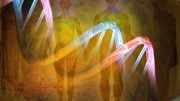
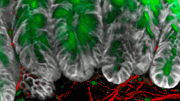
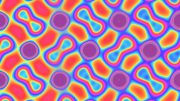
Be the first to comment on "American Heart Association: COVID-19 Vaccine Benefits Still Outweigh Risks"